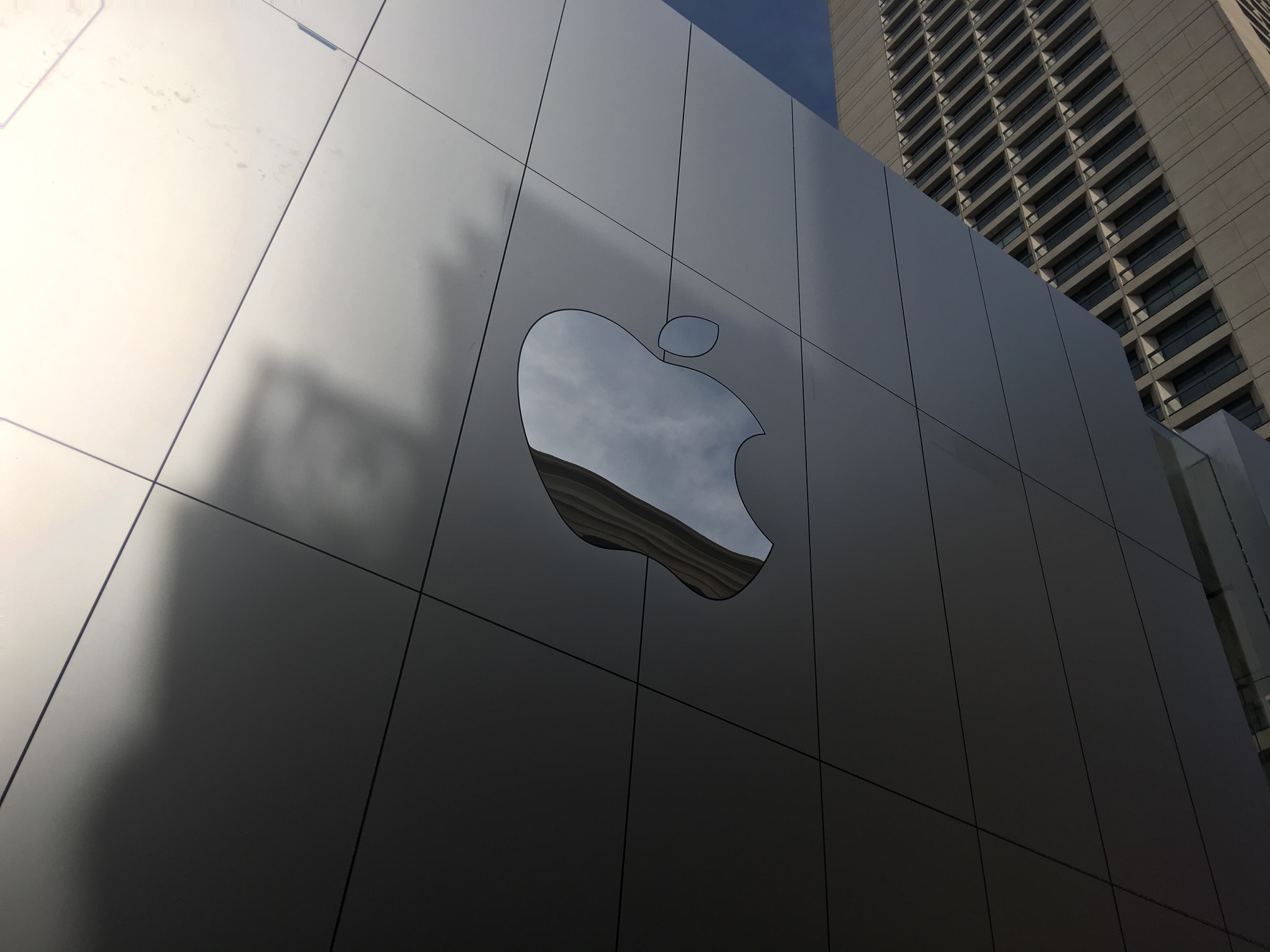What you need to know
- Delta Air Lines CEO Ed Bastian says the CrowdStrike outage that toppled Microsoft's services cost the airline $500 million.
- The executive says the incident has forced him to rethink the airline's partnership with Microsoft and CrowdStrike while touting Apple's apparent 'immunity' to repeated outages.
- The airline is seeking damages amounting to $500 million from Microsoft and CrowdStrike. However, the former has only offered free IT consultation advice, while the latter touted $10 Uber Eats gift cards for those affected.
The global digital pandemic caused by a buggy CrowdStrike kernel driver update that left over 8.5 million Windows devices with BSoD errors for hours might have been resolved; it consistently places CrowdStrike and Microsoft between a rock and a hard place.
Earlier this week, Delta Air Lines, one of the many companies whose operations were crippled by the global IT outage, hired bigshot attorney David Boies to seek damages amounting to over $350 million from Microsoft and CrowdStrike. While Microsoft wasn't directly responsible for the massive outage, it's seemingly bottled up in the whole fiasco alongside CrowdStrike.
More recently, Delta CEO Ed Bastian touched base with CNBC to discuss the digital pandemic that left thousands of passengers stranded across airports. The company reportedly lost between $350 million to $500 million after approximately 7,000 people canceled their flights, coupled with 176,000 refund and reimbursement requests. Delta CEO claims the company incurred costs of more than 40,000 servers that they were forced to tamper with to rest the system.
"When was the last time you heard of a big outage at Apple?" responded Bastian after being asked whether Delta was reconsidering its partnership with Microsoft and CrowdStrike after the massive outage. Bastian indicated Microsoft is "probably the most fragile platform."
Aside from the statement and apology issued by CrowdStrike CEO George Kurtz and the 'erroneous' $10 Uber Eats gift card, affected companies and organizations haven't been compensated for the losses incurred during the massive outage. However, Microsoft and CrowdStrike have seemingly offered Delta Air Lines free consultation advice.
Delta is among the first companies impacted by the massive outage to seek compensation. However, CrowdStrike shareholders have seemingly joined the fray earlier this week by filing a proposed class action (via Reuters).
🔥The hottest trending deals🔥
-
Seagate Xbox Expansion Card (2TB) | was
$359.99now $249.99 at Best Buy -
Xbox Game Pass Ultimate (3-months) | was
$49.99now $29.89 at CDKeys -
Alienware 34 Curved QD-OLED Monitor | was
$899.99now $699.99 at Dell -
HP Victus Gaming Laptop (RTX 4050) | was
$979now $599 at Walmart
Delta is looking beyond Microsoft and CrowdStrike for 'exceptional' customer service

Delta CEO mentioned big tech corporations like Microsoft have seemingly shifted their focus to generative AI efforts, leaving little room for the rest of their core services. He added that both companies have failed to deliver "exceptional" service to their existing customer base.
According to Delta CEO Ed Bastian:
“If you’re going to have priority access to the Delta ecosystem... you’ve gotta test this stuff. You can’t come into a mission-critical, 24-7 operation and tell us, ‘We have a bug.’ It doesn’t work.”
"I have tremendous respect for Microsoft and Satya, but they are building the future and must make sure they fortify the current," says Delta CEO Ed Bastian. "We thought we had the best (fortification) between Microsoft and CrowdStrike."
Microsoft and CrowdStrike have elaborate measures to prevent the issue from reoccurring, including restricting security software like CrowdStrike's Falcon from accessing Windows 11 at a kernel level. Apple similarly restricts third-party developers from accessing its operating system at the kernel level.
According to a report by The Wall Street Journal, a Microsoft spokesman indicated the firm "cannot legally wall off its operating system in the same way Apple does because of an understanding it reached with the European Commission following a complaint." However, the EU refuted the claims while speaking to The Verge and indicated, "Microsoft is free to decide on its business model and to adapt its security infrastructure to respond to threats provided this is done in line with EU competition law."







